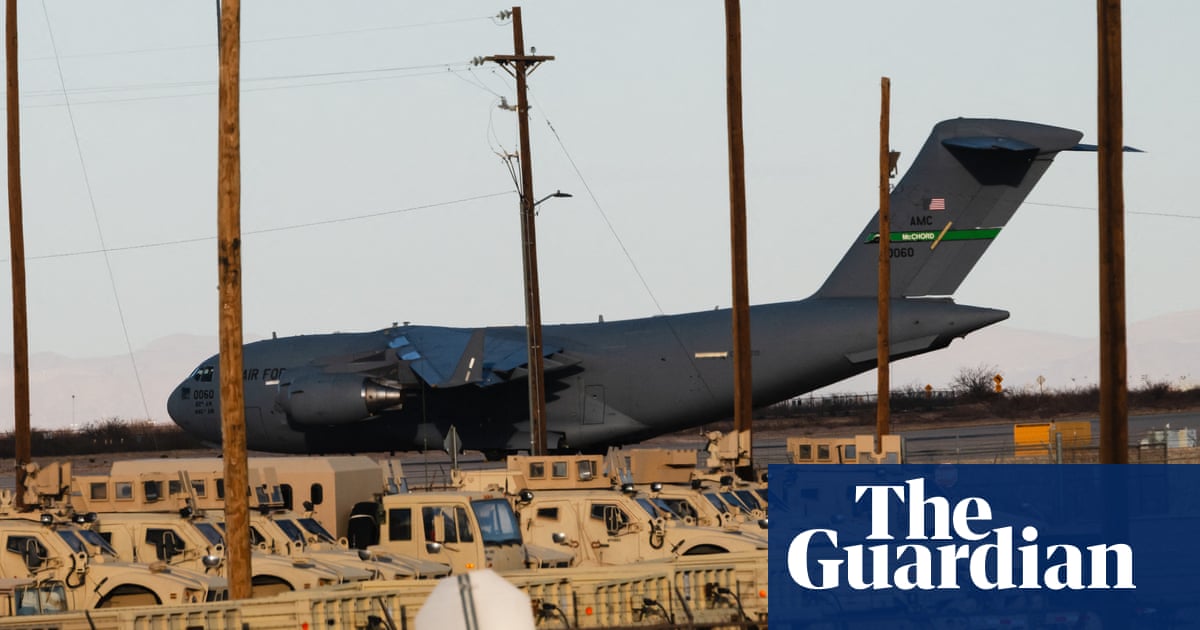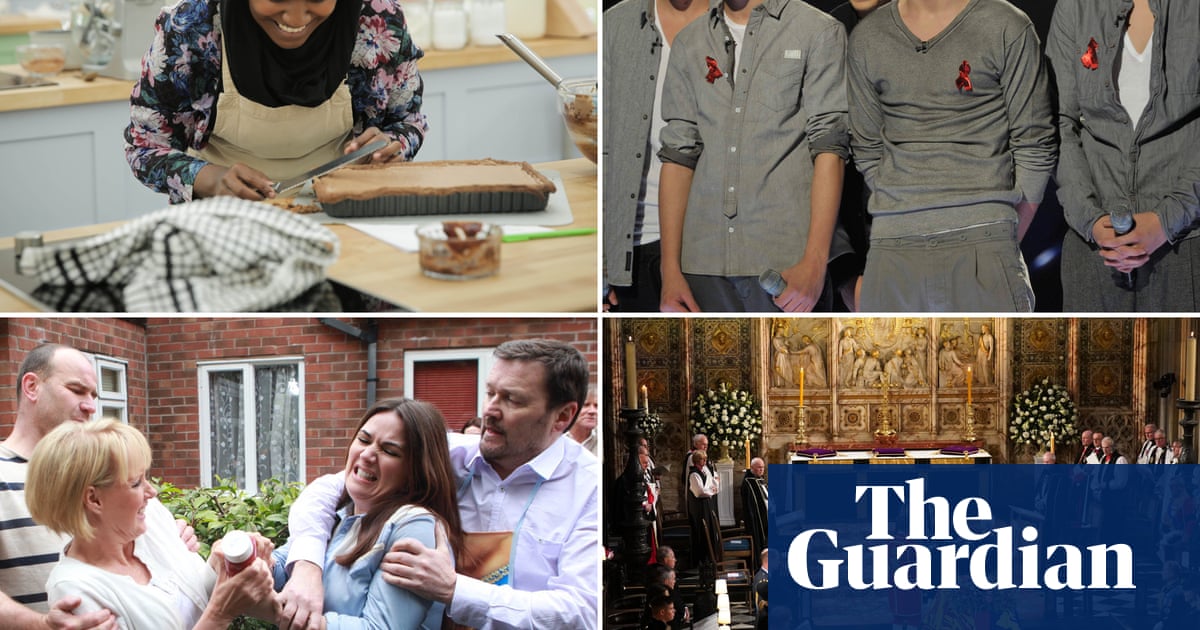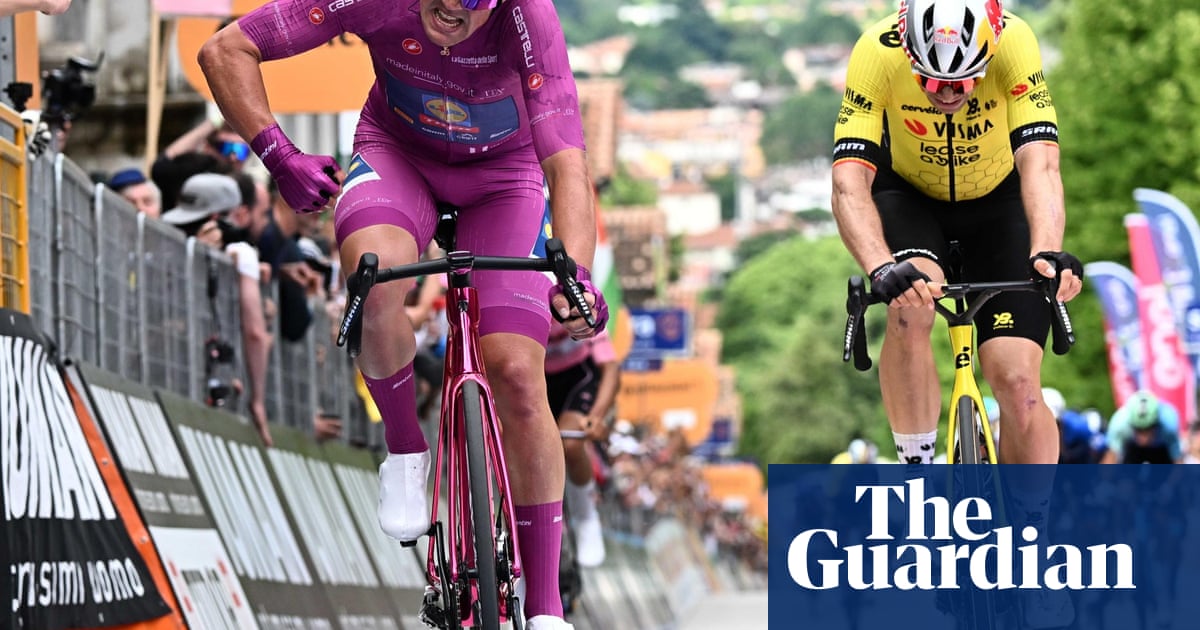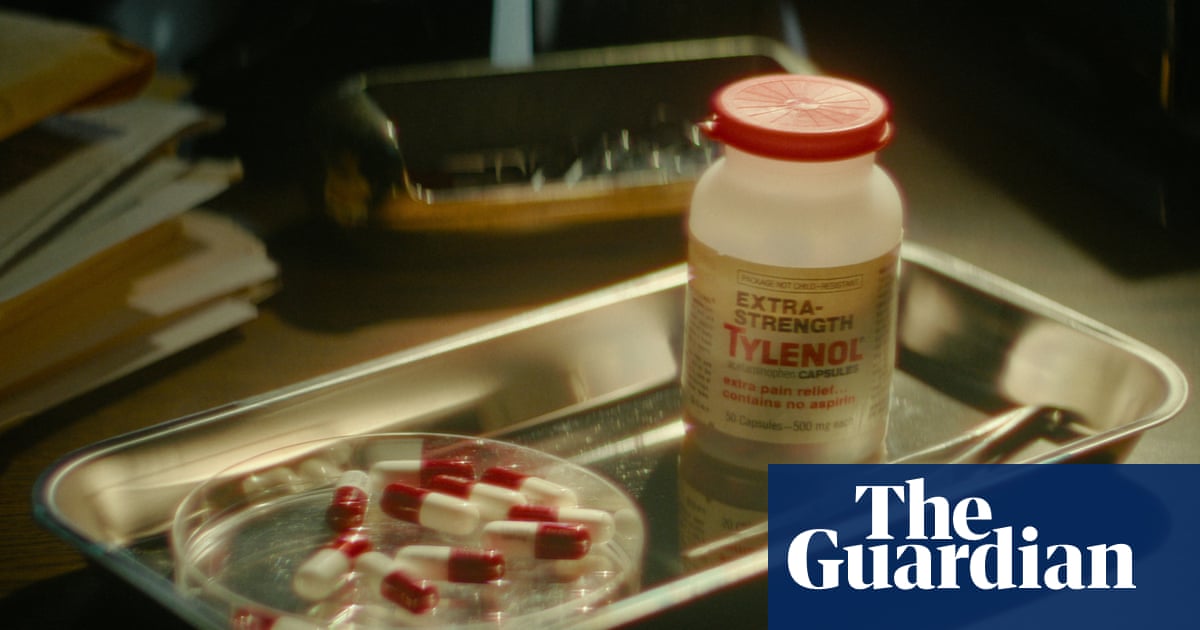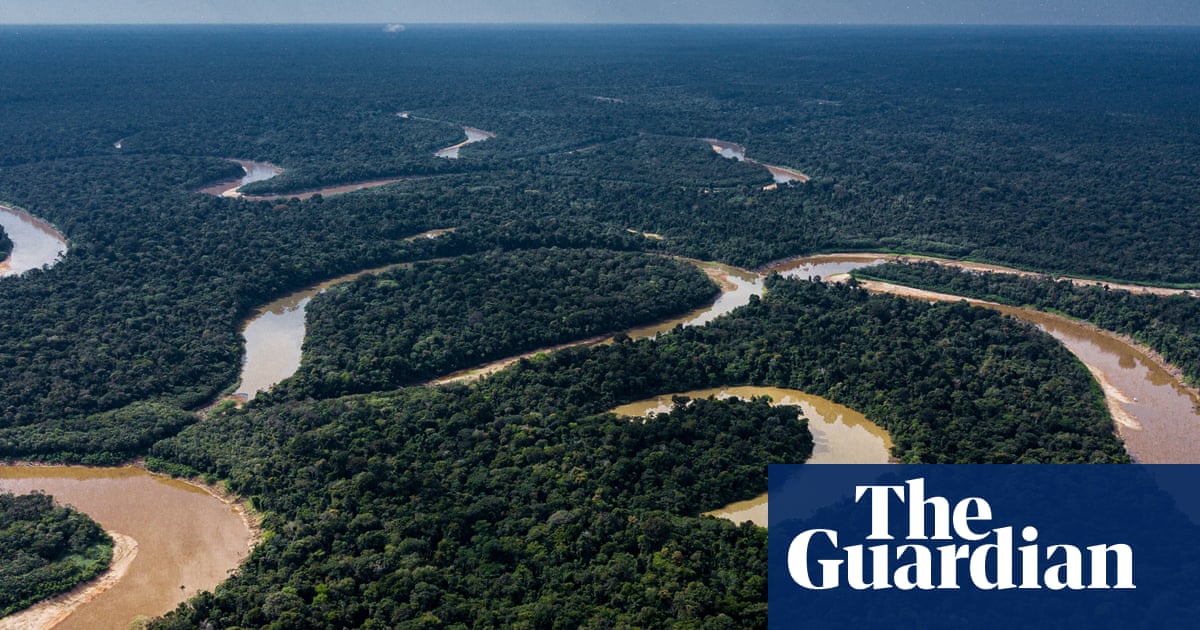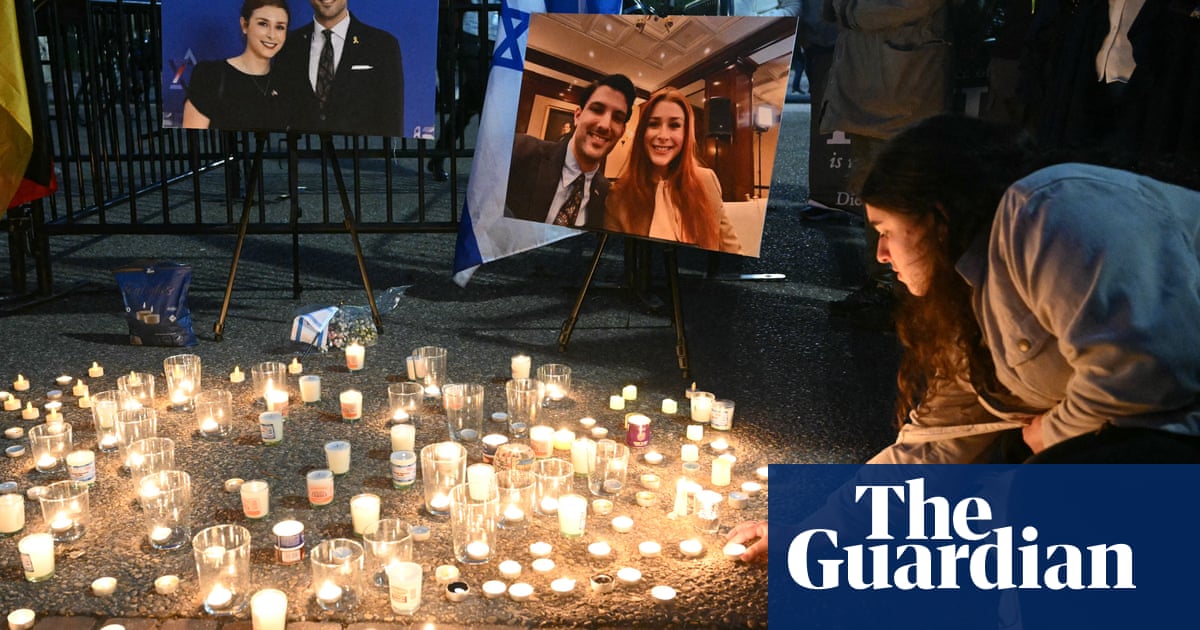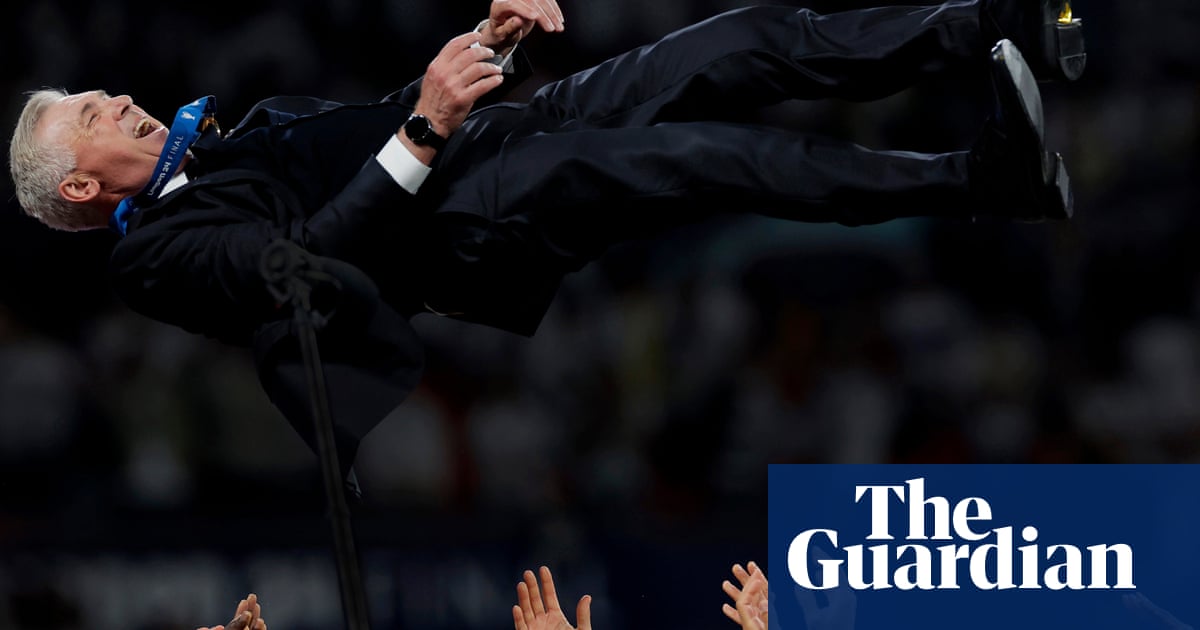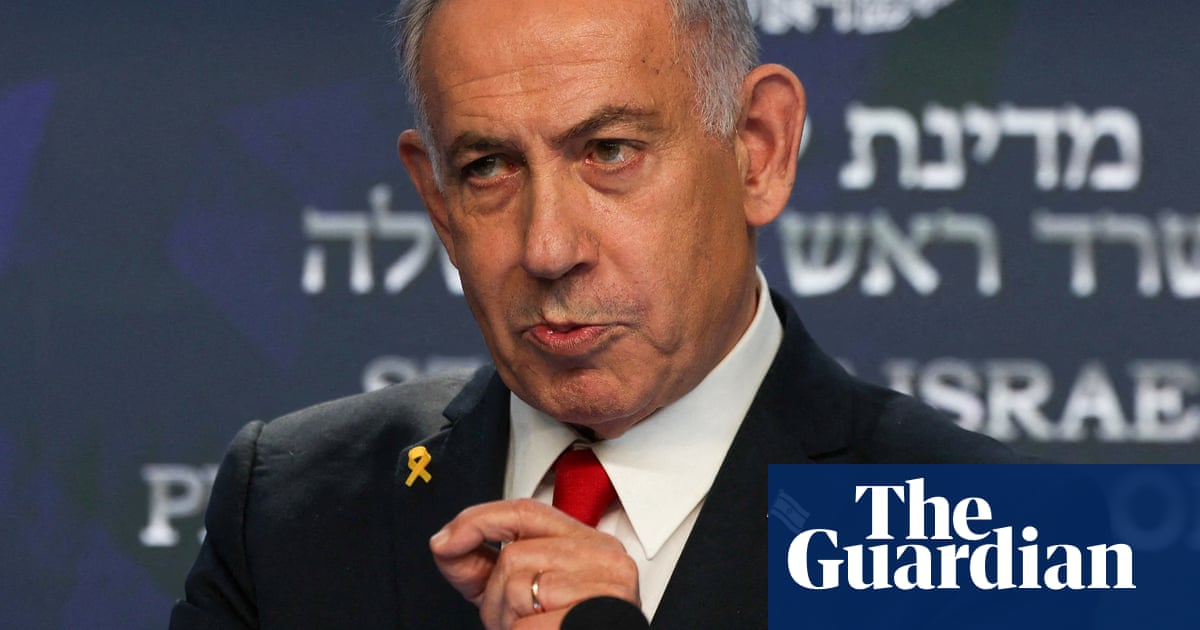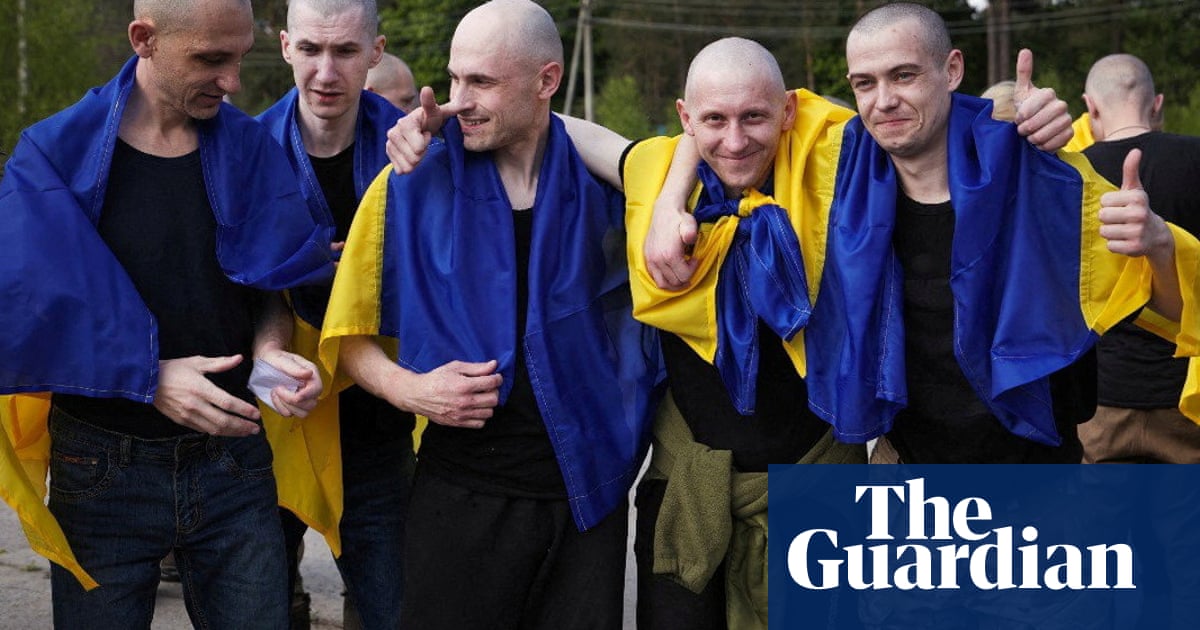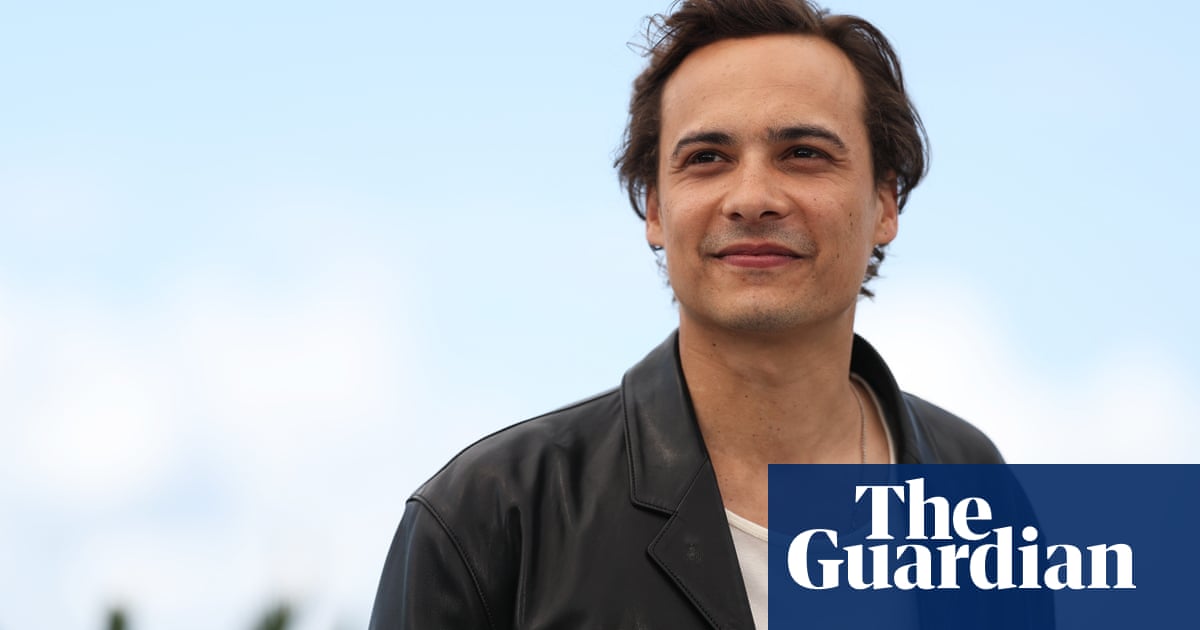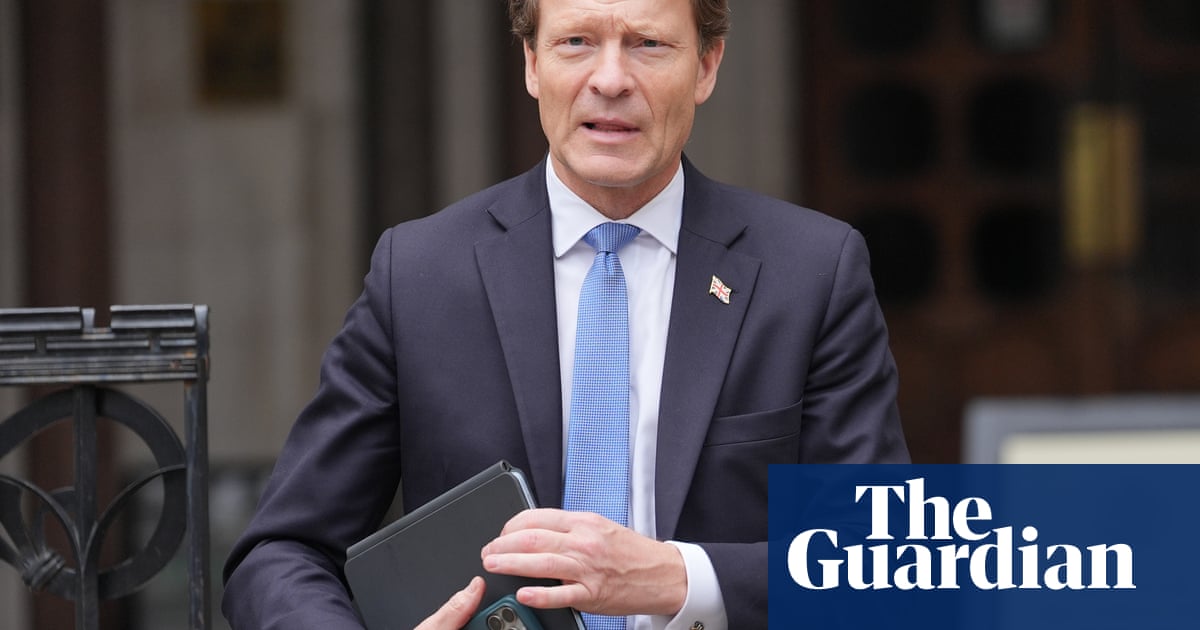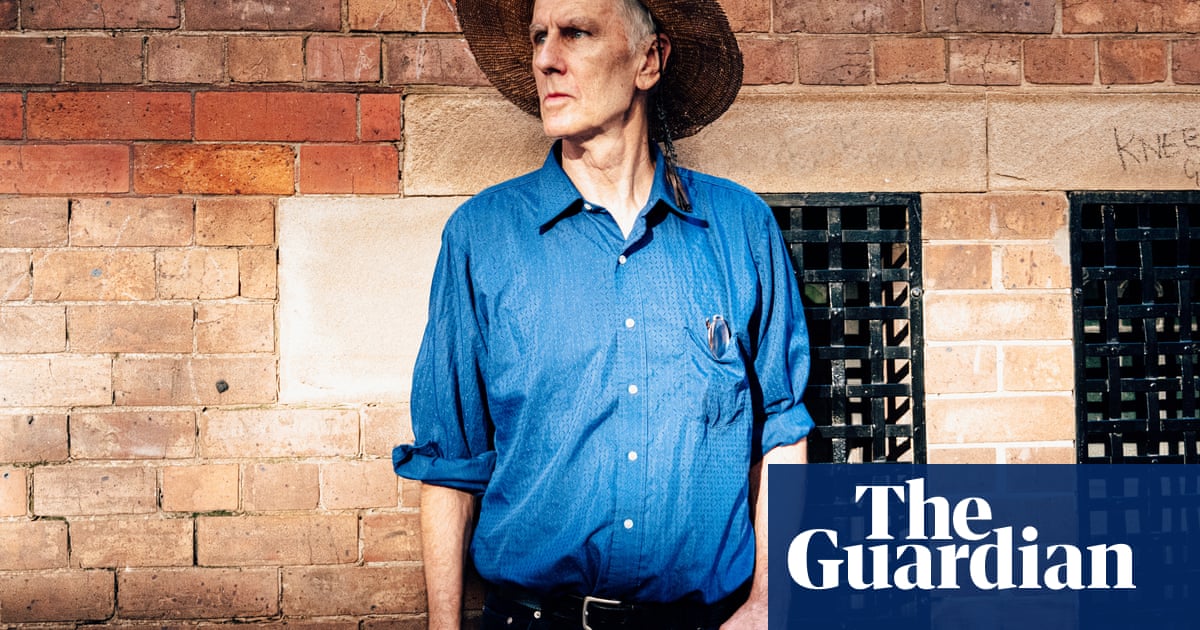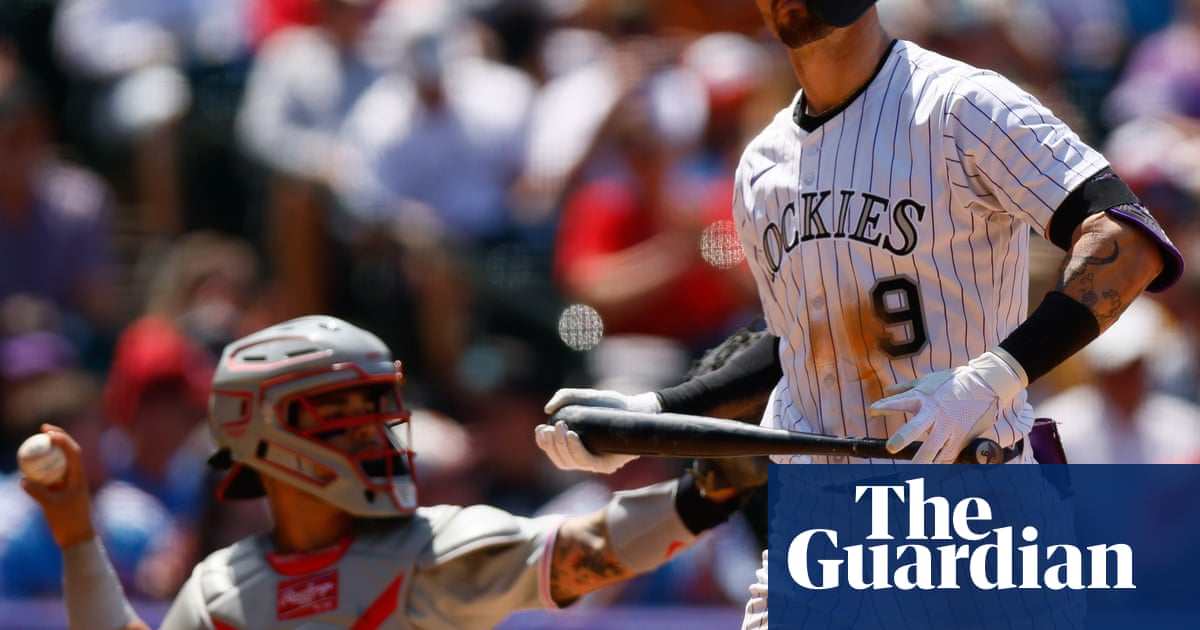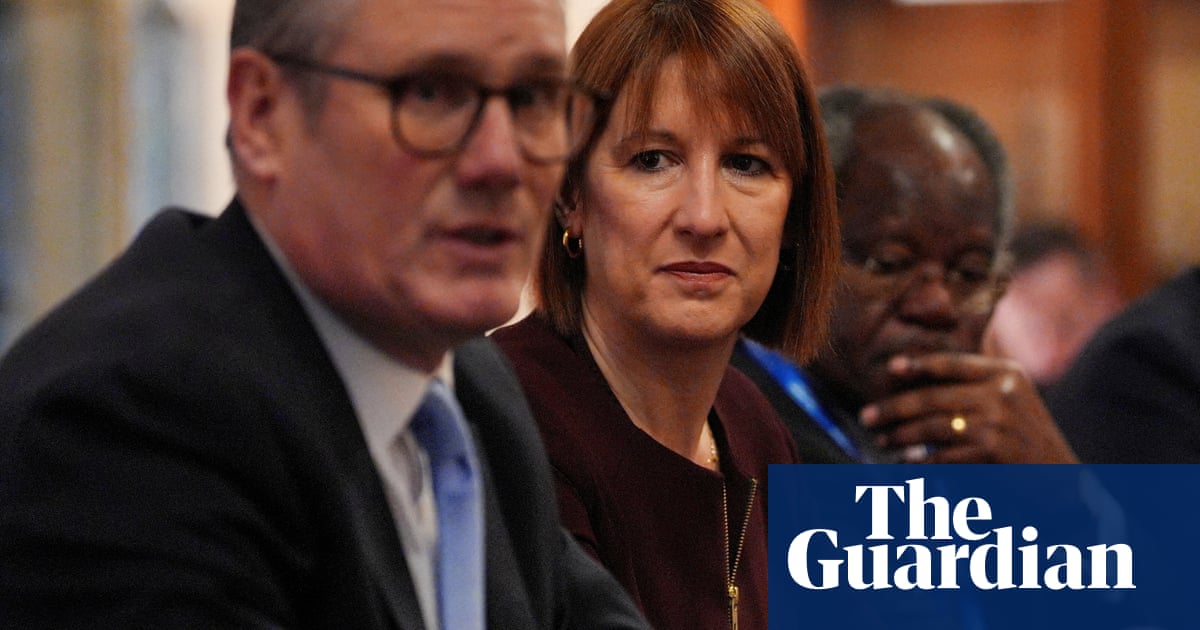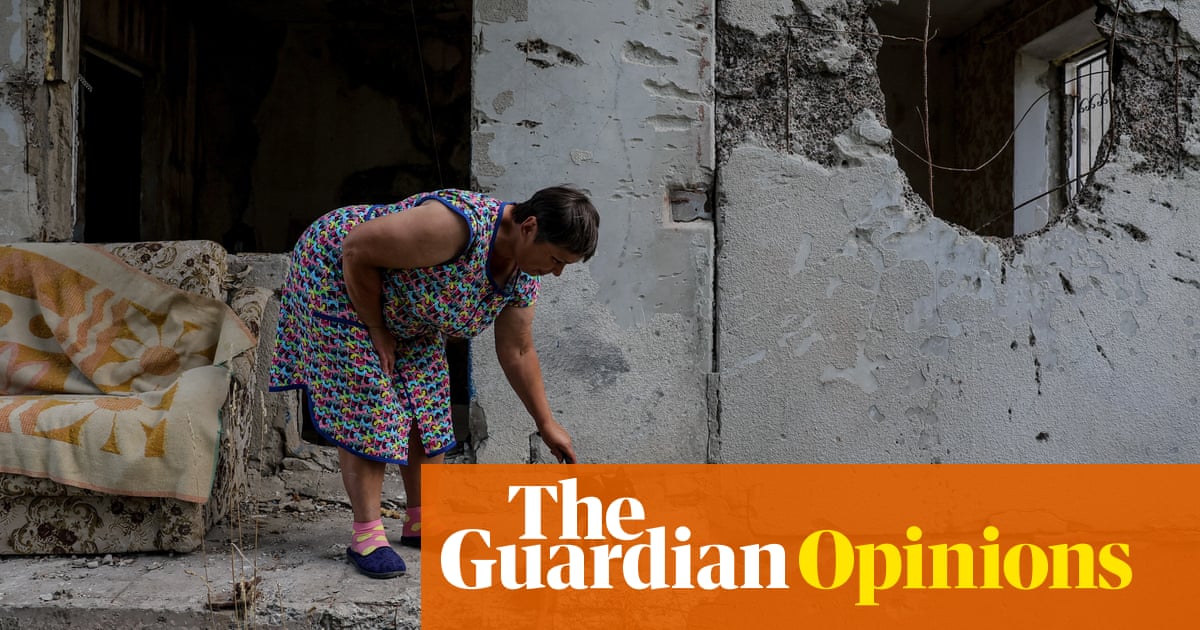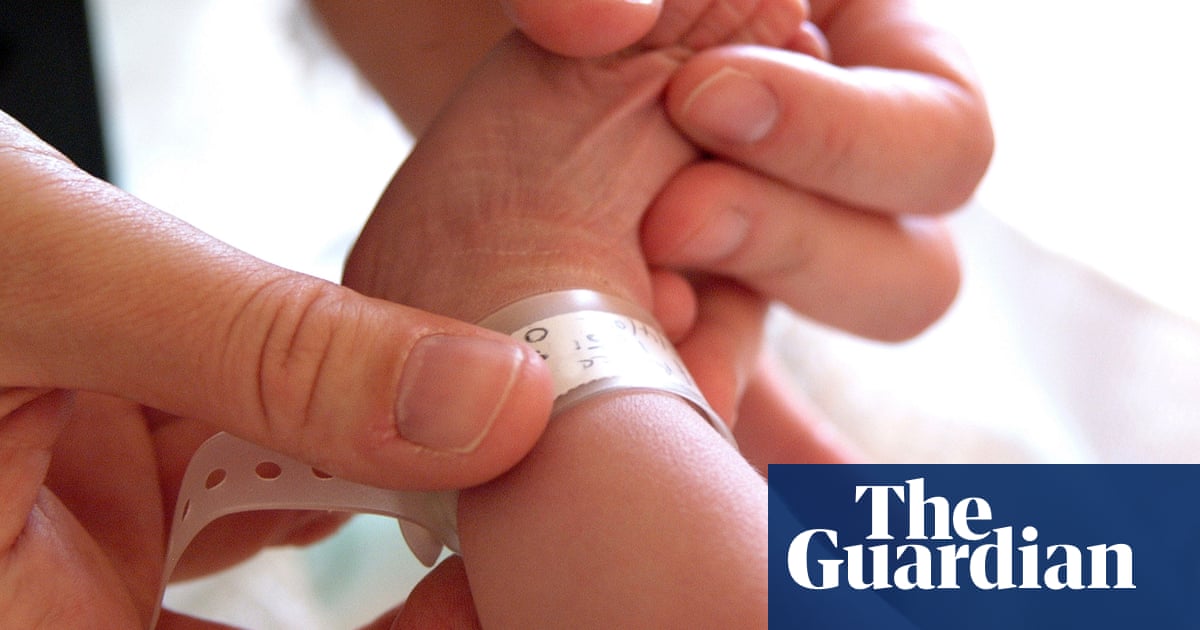At Bournemouth’s uber-cool Canford Magna training base, a 57-acre site on a former golf course, Andoni Iraola is surrounded by bells and whistles. There is a hydrotherapy pool and an altitude chamber. “For me, those are like the extras,” says a manager used to getting his hands dirty from his days at AEK Larnaca in Cyprus and Mirandés in northern Spain.
“I come from clubs where everybody has to do their job – and something else. I’ve needed to cut videos, make things, set up; we didn’t have goals with wheels so four of us would move them.” At Rayo Vallecano, even after promotion to La Liga, he explains how they happily made do with “training on one pitch and a third”.
He talks about returning to Bournemouth in the early hours after away matches. “I still love that sometimes, in the morning after a game, everyone helps so we can put everything away quicker, in the medical room, in the kit room, so everyone goes home quicker,” he says. “I think they are things we shouldn’t lose sight of even if we are in the Premier League. I think it is something cultural and if you have this in the club, you build an extra togetherness which is always good.”
Bournemouth knew what they were getting in Iraola – an affable, modest and intelligent coach – but that did not prevent a few double takes during his first weeks, when he was pulling goals into place and putting out the cones for every session. A manager used to working with one analyst suddenly had five to lean on. And now he has four full-size pitches to flip between. “I always like to set up. Even now we normally go out 90 minutes before training because I want to see life and I have my own measurements. I always want to check everything is in place before we start.”
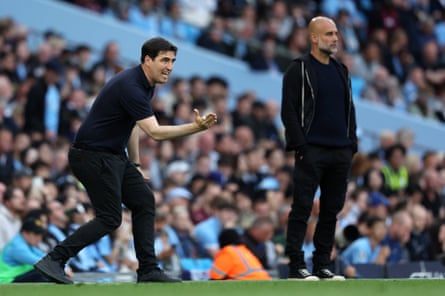
Iraola finds joy in the simple things. At the same time, in a room inside Bournemouth’s silver C-shaped training pavilion, he acknowledges small details can make a big difference, raising the subject of sprinklers. “Now we can rotate pitches, we can coordinate it with the groundsman so we go straight on them after they have been watered. Football is not complicated. You just need a good pitch … to have the grass always perfect is what I like the most. The building is amazing but I really like where we are placed … the middle of nowhere, surrounded by trees; you don’t hear any noise, just the birds singing.”
Iraola makes engaging company whether discussing praise from Pep Guardiola or the three weeks he spent travelling on the Shinkansen network in Japan. “Different cities, the high-speed bullet trains, lovely system.” Iraola, who except for his final season in New York spent his entire playing career in the Basque Country, loves to travel. He has ticked off Alaska and Africa but wants to go to Australia and explore South America. Last summer he and his family visited Iceland. “The lagoons, the glaciers, the geysers, watching the puffins. It was a really nice place. In my playing years, when I got to February and March, all of my afternoons I was thinking about the holidays and how to make it work, different countries.”
These days grand plans are trickier because of pre-season and his children’s school holidays. Then again, the 42-year-old does not see himself in coaching for the long haul. “I’m very thankful because my family has been following me for the last, I don’t know, lots of years. But you cannot ask them to live like this for ever. There is a moment when I would like to put myself second and to think for my kids and the things they need. At this moment,” he says, as a smile unravels, “it still hasn’t arrived, so now I’m going to enjoy the years ahead of me.”
That is good news for Bournemouth, for whom this has been a record-breaking season, even if they do not have what Iraola calls a “tangible reward” in qualifying for Europe. A 3-0 defeat at Manchester City on Tuesday and a run of two wins in 12 league games put paid to those hopes. “You see a lot of stats and we’re with the best teams in the competition in a lot of different areas,” Iraola says. To which statistics is he referring? Until Tuesday only Arsenal and Liverpool had conceded fewer goals. Chances created and time spent in the opposition half are other indicators.
Iraola, whose blueprint is built on athleticism, particularly values the physical data. “The high-speed running, the sprint speeds … not total distance covered because there are teams that do not run a lot and get very good results because they have another way of playing. If our players produce our physical numbers they give us a good chance to carry out the gameplan. It is about trying to live the game, don’t switch off for one second because they’re [the opponent] waiting for you.”
Twelve months ago, after a visit from the American owner Bill Foley, Iraola signed a contract extension until the end of the 2025‑26 season and while Foley visited in April to announce he has acquired the Vitality Stadium and formally open their new £35m training ground – cutting the ribbon with a giant pair of scissors – a repeat of that scenario is not on the horizon. “I don’t think we will rush anything,” he says.
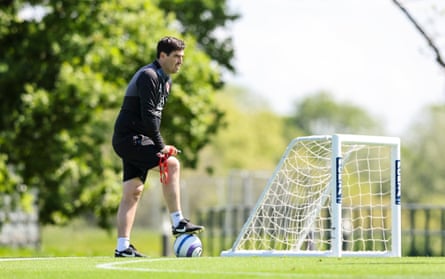
“I understand that it is difficult because you have to make plans as a club but I think my relationship with the club is really good. I speak every day with Simon [Francis, the technical director], Tiago [Pinto, the president of football operations]. They know where we are and we will find the best moment during next season to make this decision, I’m sure.
after newsletter promotion
“Also we are talking about a possible fourth or fifth season and you have to see how you feel with the group of players. Sometimes there is a moment after some seasons where you feel,” he says, puffing his cheeks, “maybe the message does not go the same way to the players in the same way. Normally managers like to feel these things and make decisions according to the moment.”
The 80-year-old Foley, like the fanbase, is enthused with Iraola’s work. “He’s happy with how the club is evolving. He asks a lot about how the players are doing, how we can improve for next season and I think he is learning a lot from this game. He is not a football guy but in these two years now the conversations we have are much more football-orientated. He follows the team, watches the games and normally afterwards we exchange a message or something. We keep them short, to the basics. Myself and Bill are not guys who write 20 lines in a message.”
All parties recognise competition will be fiercer next season. “For me the risk is to take things for granted. The three teams above the relegation spots are [Manchester] United, Spurs and West Ham, huge teams with very good players. So if you drop a little bit your performance level, any one of us could be there. It is a warning: you have to play very close to your best. We cannot change the opposition so we have to raise our levels and be even better next season.”
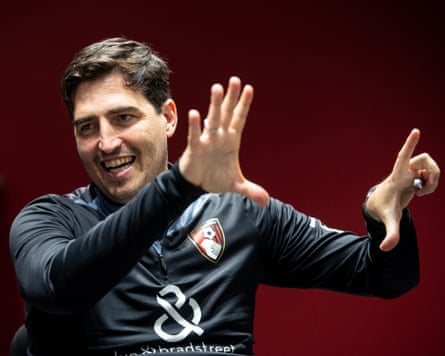
Until this week, Tuesday afternoons, long after training has finished, have been boxed off for staff matches, with Iraola’s assistants, Tommy Elphick and Shaun Cooper, and Francis, another former defender, preparing to represent the club at a seven-a-side tournament in North Carolina next month. A fortnight ago they took on the under-18s, whose assistant manager is the former winger Junior Stanislas. “We beat them but I injured my hamstring,” Iraola says. “If they need a player I can survive as a No 6, but one that does not move.” Was he a defender by trade? “I wasn’t a proper defender – I was 0% aggressive.”
Perhaps the biggest compliment for Bournemouth came courtesy of Guardiola, when he listed Iraola’s side among those to epitomise the modern game. “I think the way Man City play is still the one [style] the top teams are using,” Iraola says. “If you see PSG, Barcelona – maybe Inter are different – they really value possession, they want to suffocate you and they do it very well. There are different ways of playing to be successful … [Nottingham] Forest, Crystal Palace, other styles, it is good for the league.” Bournemouth, too, have had a season to remember.

 6 hours ago
2
6 hours ago
2
